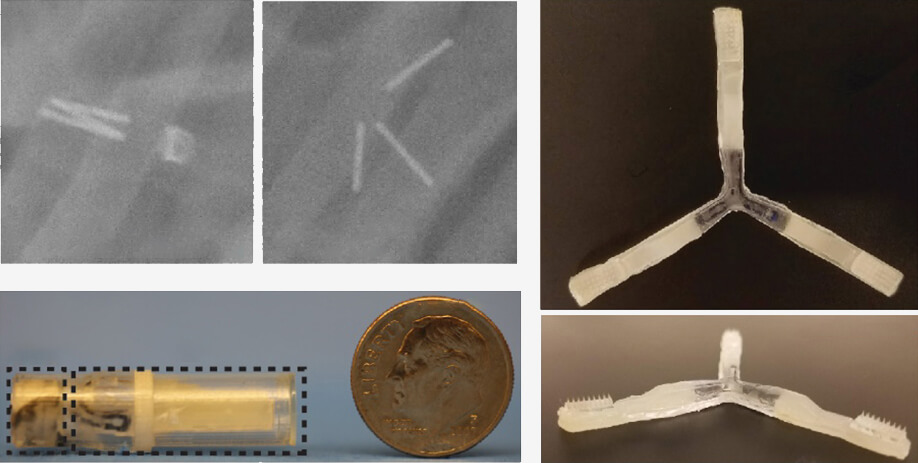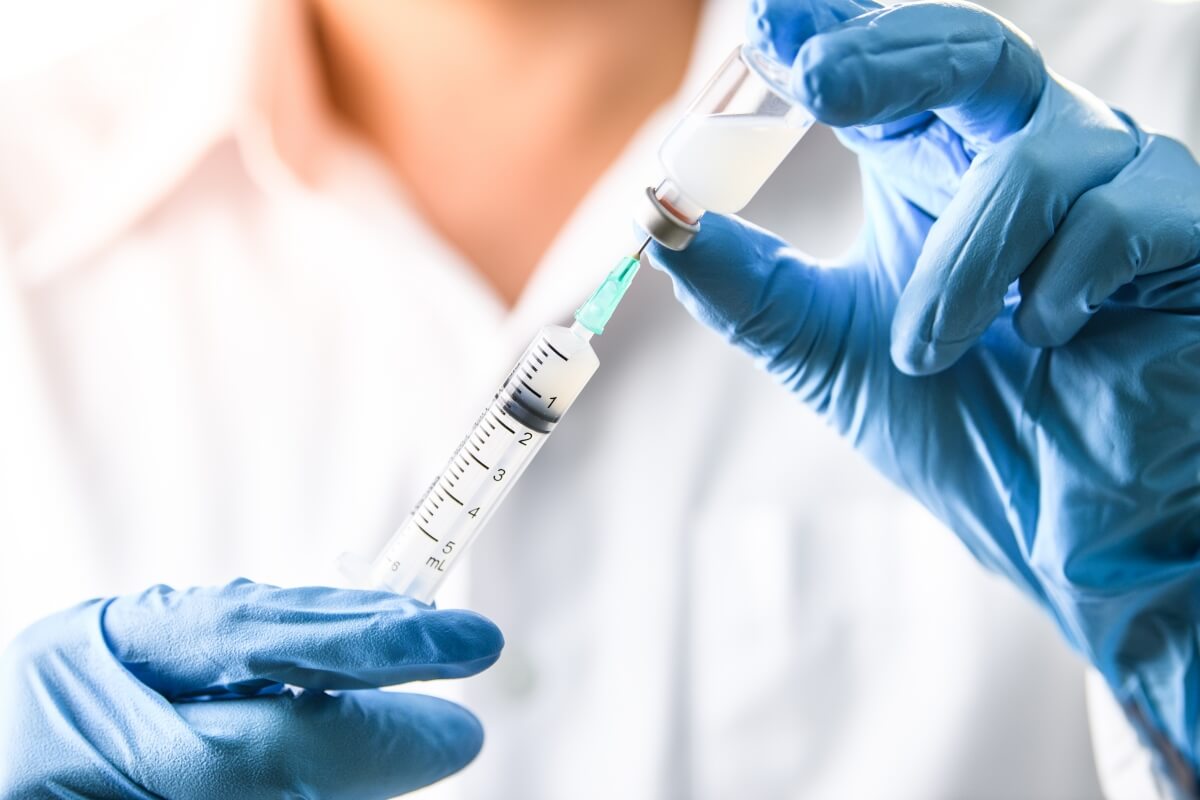In brief: In testing with pigs, the capsule was able to effectively deliver insulin with an immediate blood-glucose-lowering response. The real hope, however, is that it can also be useful in delivering other protein drugs such as antibodies, enzymes or hormones.
Let's face it, nobody likes getting a shot at the doctor. There's the physical pain, and well... yeah, that's pretty much the worst of it. They hurt. Now just imagine if you had to receive injections on a regular basis, like having to take insulin for diabetes.
Such drugs can't be administered orally because they are broken down by your gastrointestinal tract before they have a chance to enter your bloodstream and go to work. Therefore, you're stuck getting an injection.
That may not be the case for much longer if researchers at MIT have anything to say about it.

In partnership with scientists at pharmaceutical company Novo Nordisk, engineers at MIT have developed a new drug capsule capable of transporting insulin or other protein-based drugs past the harsh environment of the stomach and into the small intestine. Here, the higher Ph (around six) triggers the capsule to break open and three small arms spring out.
The arms contain patches of 1-millimeter-long microneedles that carry insulin or other drugs. Once the needles penetrate the top layer of the small intestine tissue, they dissolve and release their payload. The arms also break apart and pass safely, ensuring they won't cause blockage in the intestine.
David Putnam, a professor of biomedical engineering and chemical and biomolecular engineering at Cornell University, said delivering proteins is the holy grail of drug deliver. "People have been trying to do it for decades," he added.
The study, Microneedle patch drug delivery in the gut, has been published in the journal Nature Medicine.
Masthead credit: Syringe by PhotobyTawat
